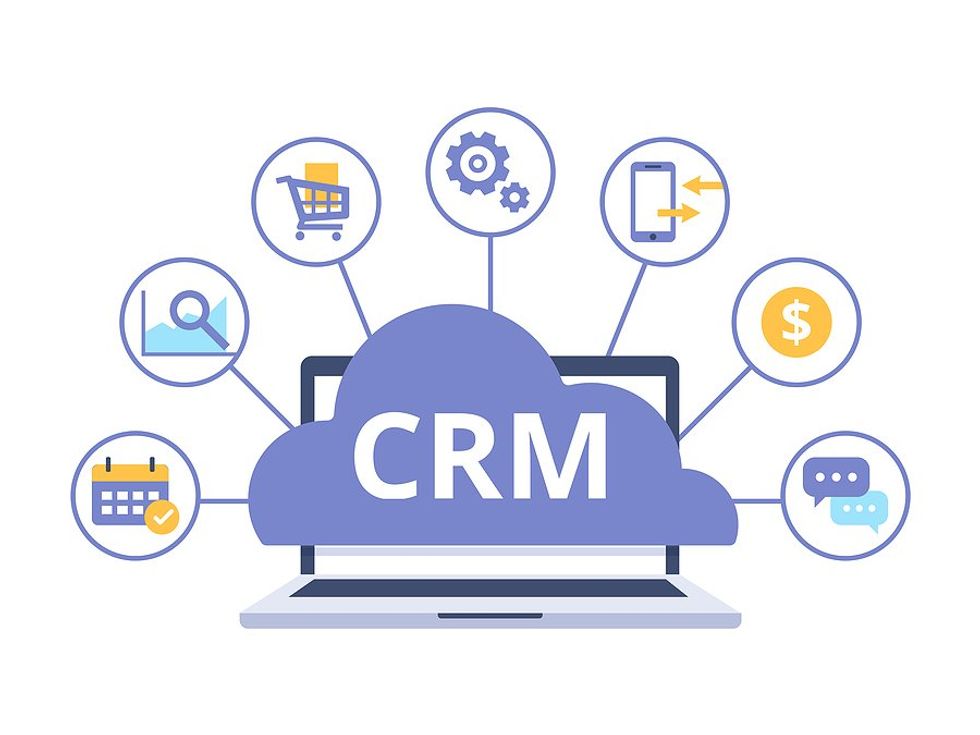For the past 20 years, if not longer, the importance of businesses keeping up with changing consumer expectations and increasing demand for better experiences was already well known to be crucial to market success. After all, that was the basis for the existence of market research: to provide organizations with know-how into consumers’ behaviors, needs, and wants to improve their marketing, advertising, products, and services.
Technological advancements have contributed to the changes in consumers’ needs, wants, and expectations; consumers are more informed now, more connected to the brands they use and what other consumers are saying, expect better and faster experiences, and are thus more demanding of the brands they interact with.
The rate of development of these paradigm shifts among consumers has only gained speed since the global pandemic and now, more so than ever before, businesses need to understand, and even attempt to anticipate, these changes before they occur if they want to fuel innovation and transform their business models, operations, marketing, and the way they develop new products, services, and experiences if they want to stay relevant in the market.
As with business, the market research industry has experienced great change, and it is now almost impossible to determine the root cause of any emerging trend as a people issue or as a byproduct of technological advancements, but rather a combination of both.
Within the emerging trends observed within the industry, five tend to stand out over others for their transformational impact beyond the industry itself.
1. Artificial Intelligence (AI) And Machine Learning (ML)

Image from Bigstock
The further incorporation of artificial intelligence (AI) and machine learning (ML) within the industry will bring forth not only the ability for organizations to analyze new sources of data, evaluate more data faster, and identify insights around current consumers we could not obtain before, the combination of access to more data, artificial intelligence algorithms and machine learning will enable organizations to anticipate market shifts through the adoption of predictive and prescriptive analytics, a sub-trend that will continue to develop in the upcoming year.
While its advantages and disadvantages with respect to research are still being discussed, the use of synthetic data—data generated to imitate information from real consumers—will also be explored further to circumvent issues regarding the availability of data, eroding consumer data quality, and privacy concerns for participant information.
2. Integration With CRM platforms

Image from Bigstock
As the dynamism with which multiple sources of data are evaluated to gain deeper insights, CRM platforms are the perfect conduit to provide information about consumers that could not be effectively obtained and analyzed before (much less in real time!). While their full integration is still a challenge in many organizations, the advancements made to date are beginning to reap fruit and the analysis of internal consumer data with market research data and other sources will continue to grow moving forward.
3. The Rise Of In-House Qualitative Research

Image from Bigstock
With the increased reliability on CRMs, the personalized experiences these could provide consumers, and the scale of qualitative work that could be achieved through them, businesses will be looking to conduct more qualitative work internally. This is where the idea of bringing experienced qualitative researchers in house will be of great value and organizations that do not will risk not leveraging the full potential of CRM platforms.
4. From Servicing To Becoming Advisors, To Collaborators

Image from Bigstock
With the occurrence of the above-mentioned trends, the role of the market research supplier will evolve accordingly. With the further growth of CRMs within organizations and as these become more adept at looking for insights internally, it is clear the role of the market research supplier will need to continue to evolve as well.
The role of finding the insights will no longer be left to the research entity but rather will complement internal teams on leveraging their internal CRM platforms and other sources of information to establish as close a 360° view of the consumer as possible, build strategic plans for success, and identify how to measure that success moving forward.
5. Ethics & Privacy

Image from Bigstock
Data privacy and corporate transparency around how consumer data is gathered and used will continue to play a critical role in the industry as it continues to evolve. Organizations will look to follow GDPR and CCAA policies more closely and adopt transparency-centric ways of data collection that can be personalized by consumers.
The year 2024 will be one of continued transformation for the market research industry. New technologies, innovative methodologies, and new ways of collaboration between research agencies and their clients will continue to share center stage for those organizations that wish to move ahead in the market, while those that do not do so will risk their permanence in the market.




